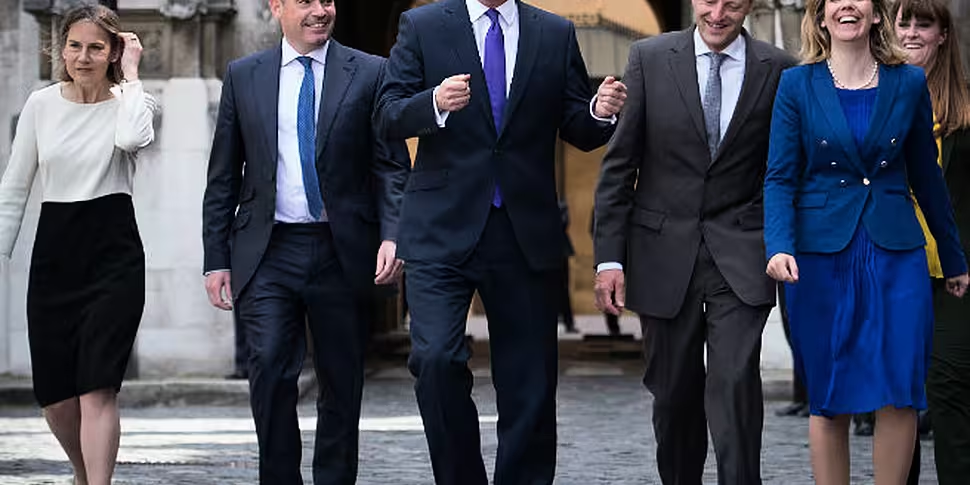Reports from the UK suggest that David Cameron hopes to bring forward the UK's coming in/out referendum on EU membership to avoid clashes with elections in France and Germany.
The Guardian spoke with a number of government sources who indicated that a vote is now likely to take place in 2016 - not 2017 as had been previously indicated.
Government sources say that elections in key EU countries could influence the timing of the vote: 'It was made pretty clear that the European council would not engage seriously until the election result was clear. Now they know they have to deal with us and they want the UK to stay in the EU. We expect the negotiations to take place in 2015 and 2016 so they finish well ahead of the French presidential elections [in the spring of 2017] and the German federal elections [in September 2017]."
Chancellor of the Exchequer, George Osborne will attend a meeting of EU finance ministers in Brussels today, the issue of Britain's membership of the EU is not on the agenda, but it is expected to be raised informally.
Taoiseach, Enda Kenny has said that the prospect of Britain leaving the EU is a "serious concern" for Ireland.
European Commission President, Jean-Claude Juncker has indicated that the EU is ready to negotiate with the UK and he has invited Britain to outline the changes that it is looking for.
There are four key areas where the UK is looking for reforms:
- An opt-out on the EU's commitment to forge an “ever closer union” of the peoples of Europe - Mr Cameron has repeatedly said that he does not support the transformation of the EU into a federal quasi-state.
- New safeguards ensuring that changes agreed by eurozone members are not forced on non-Euro states.
- Greater control over the access to social welfare benefits for EU migrants.
- New powers to allow national parliaments to block certain pieces of EU legislation.
Recently eastern-European leaders from Slovakia, Hungary and Poland have grouped together to register their opposition to proposed new restrictions on the ability for migrant workers to go to the UK.
Britain has also resisted European Commission proposals that would require EU countries to take in quotas of migrants.









